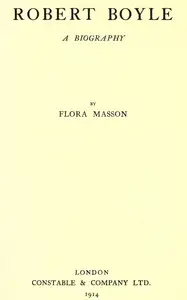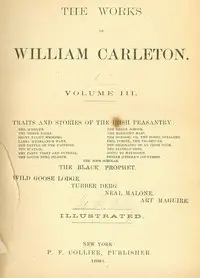"The Wanderer; or, Female Difficulties (Volume 1 of 5)" by Fanny Burney is a novel written in the early 19th century. This work explores themes of identity, social class, and the complexities of female experiences during a tumultuous historical period, often focusing on the experiences of the protagonist, a mysterious young woman who seeks safety and understanding amidst societal chaos. As the story progresses, she encounters various characters who reflect differing societal values, exposing the difficulties and prejudices faced by women in that era. At the start of the novel, a group of English passengers on a small vessel are departing the French coast during the dark and cold of night. As they prepare to leave, they hear an anguished voice pleading for help from the shore, which turns out to belong to a distressed woman, later known as the Incognita. Despite some initial hesitance from the other passengers, one young man insists on saving her, leading the mysterious woman to join them. The passengers engage in speculation about her background and intentions, highlighting their curiosity and the uncertainties she represents, setting the stage for explorations of identity, class, and morality throughout the novel. (This is an automatically generated summary.)

The Wanderer; or, Female Difficulties (Volume 1 of 5)
By Fanny Burney
"The Wanderer; or, Female Difficulties (Volume 1 of 5)" by Fanny Burney is a novel written in the early 19th century. This work explores themes of ide...
Frances Burney, also known as Fanny Burney and later Madame d'Arblay, was an English satirical novelist, diarist and playwright. In 1786–1790 she held the post of "Keeper of the Robes" to Charlotte of Mecklenburg-Strelitz, George III's queen. In 1793, aged 41, she married a French exile, General Alexandre d'Arblay. After a long writing career and wartime travels that stranded her in France for over a decade, she settled in Bath, England, where she died on 6 January 1840. The first of her four novels, Evelina (1778), was the most successful and remains her most highly regarded, followed by Cecilia (1782). Most of her stage plays were not performed in her lifetime. She wrote a memoir of her father (1832) and many letters and journals that have been gradually published since 1889, forty-nine years after her death.


















